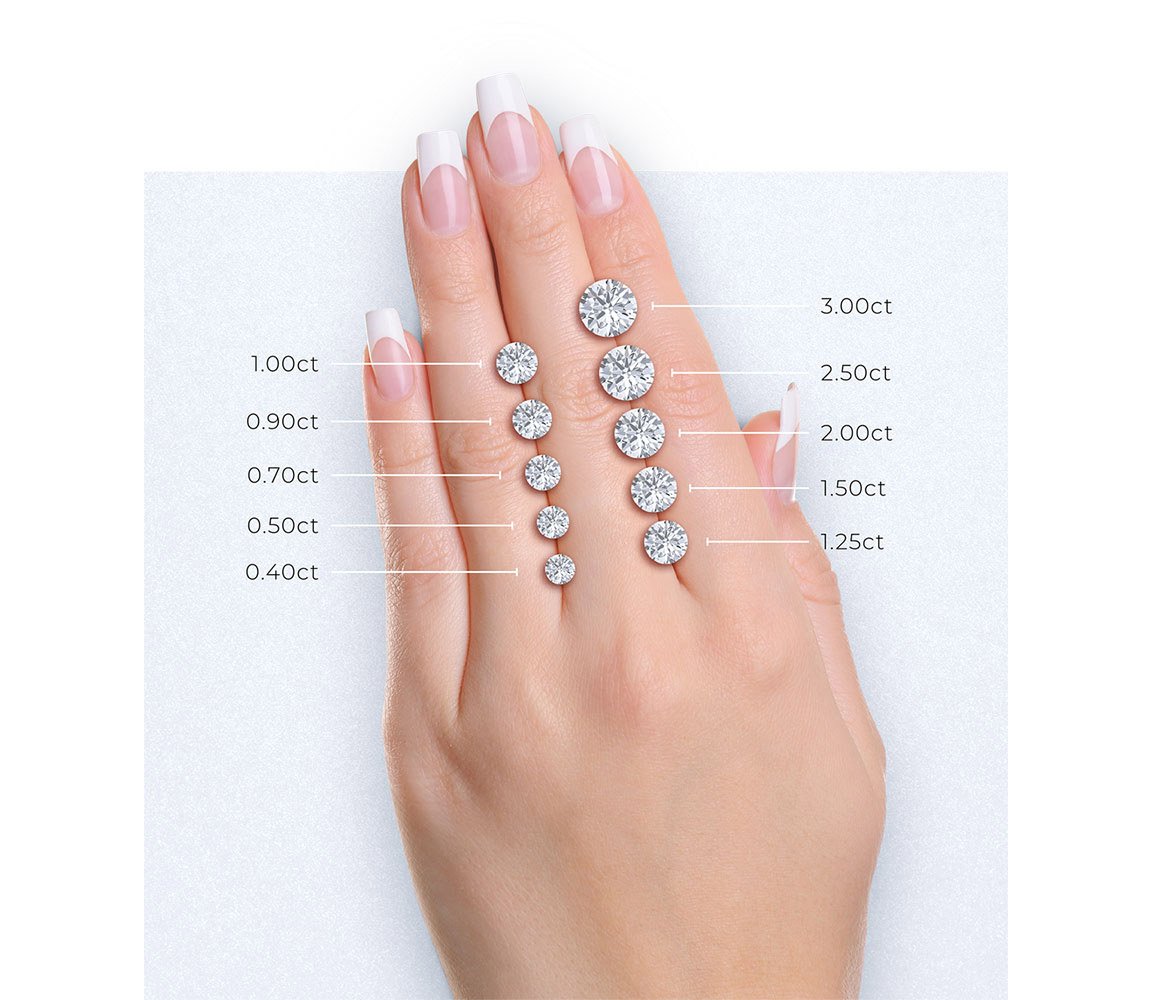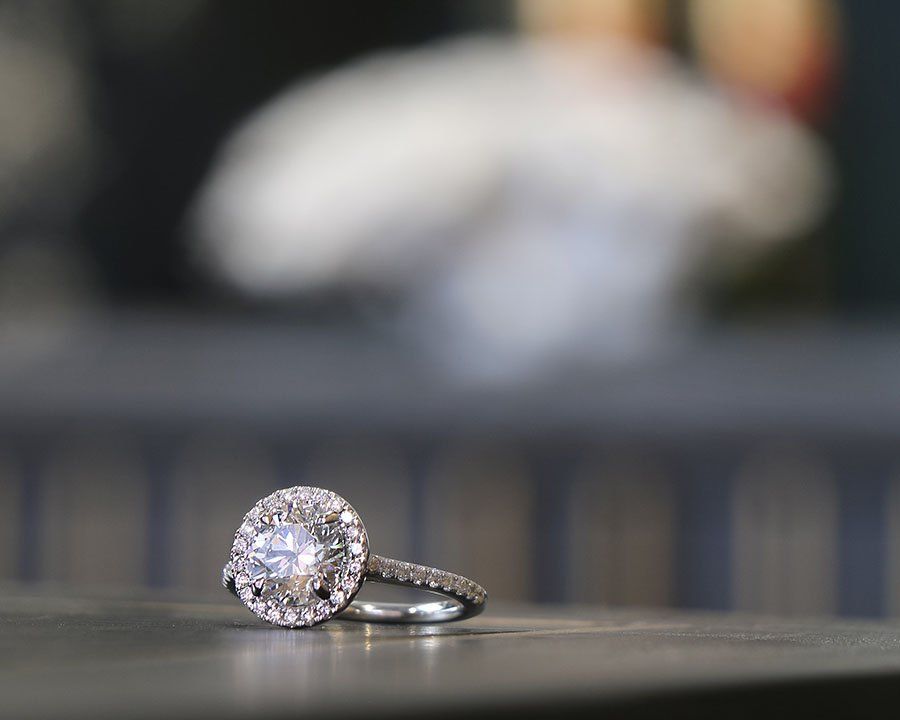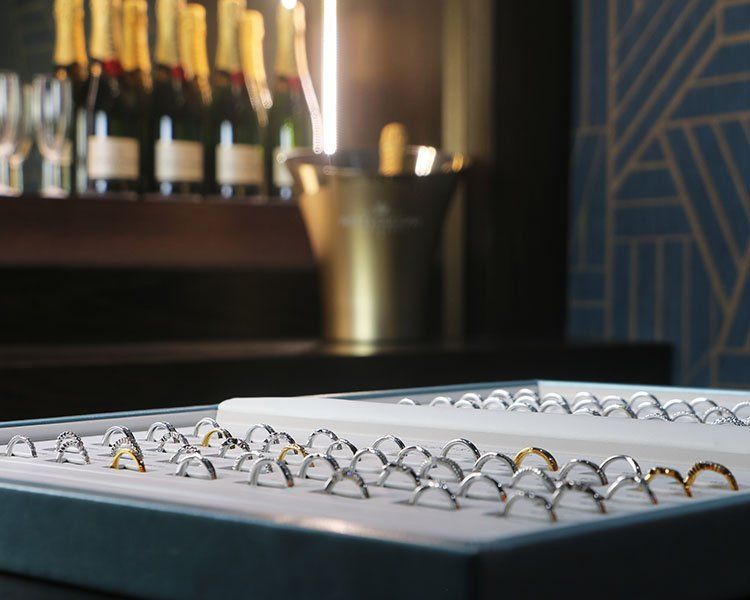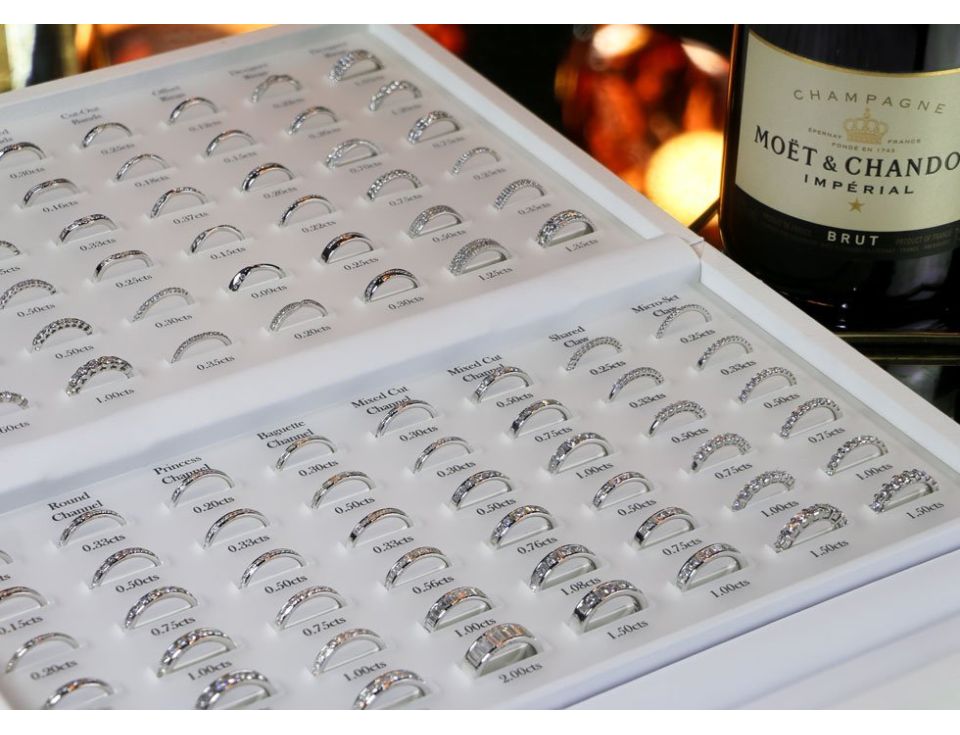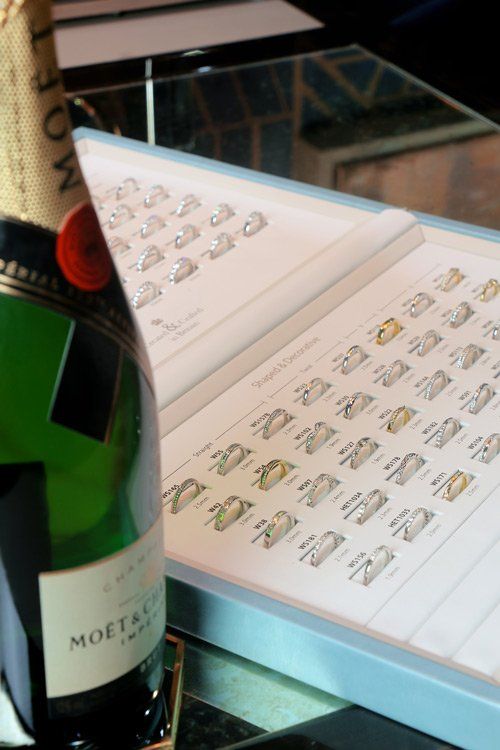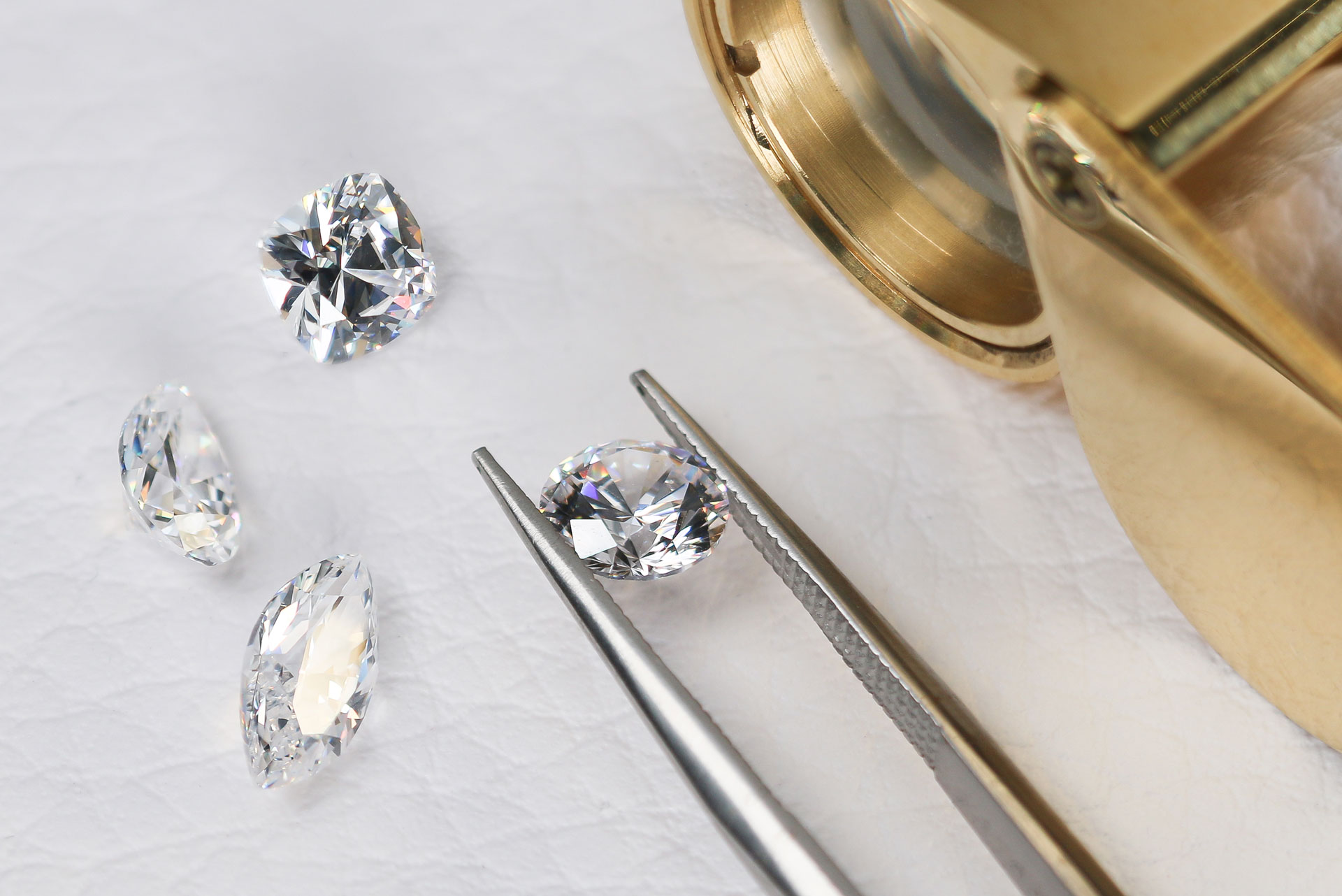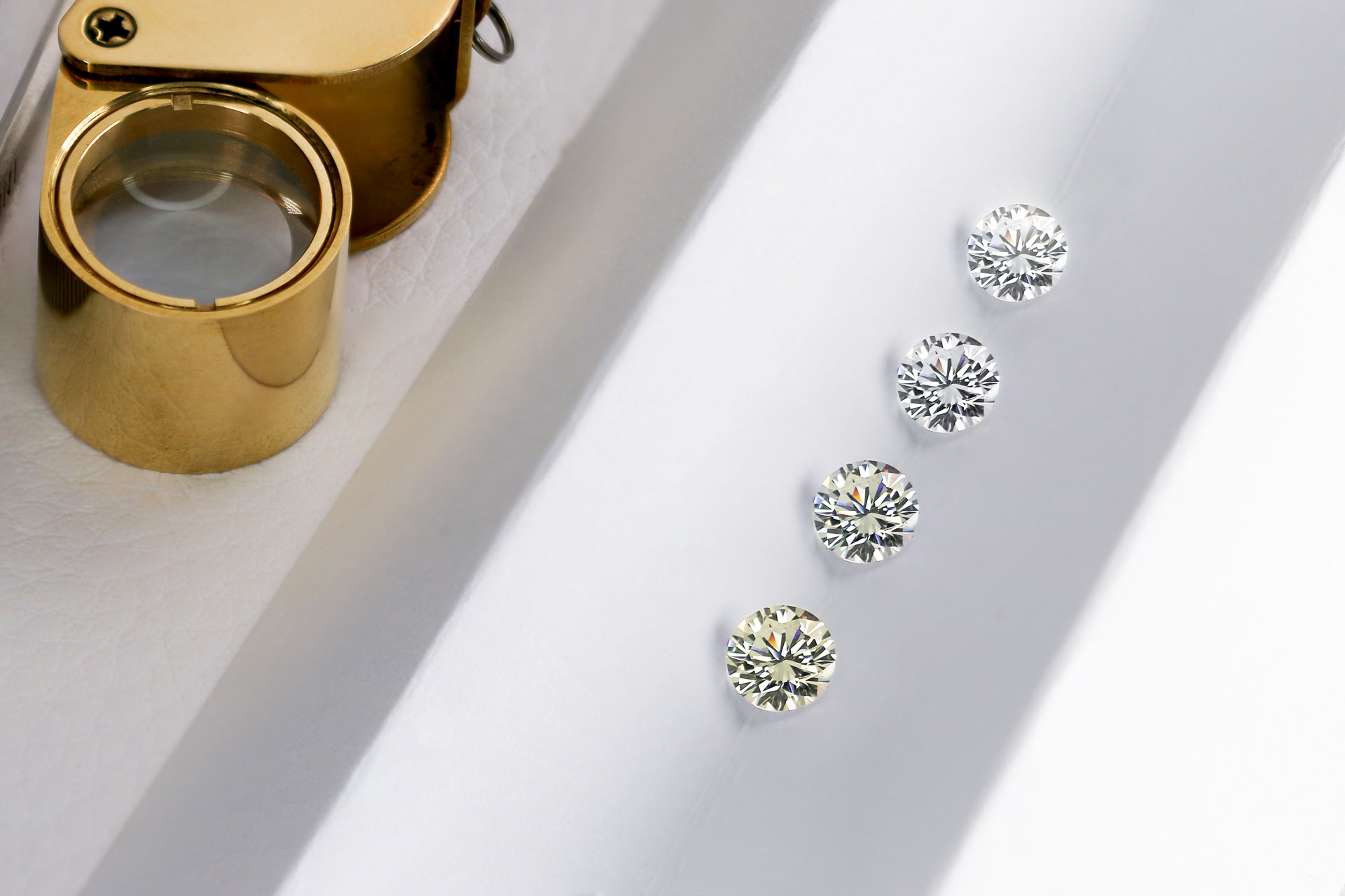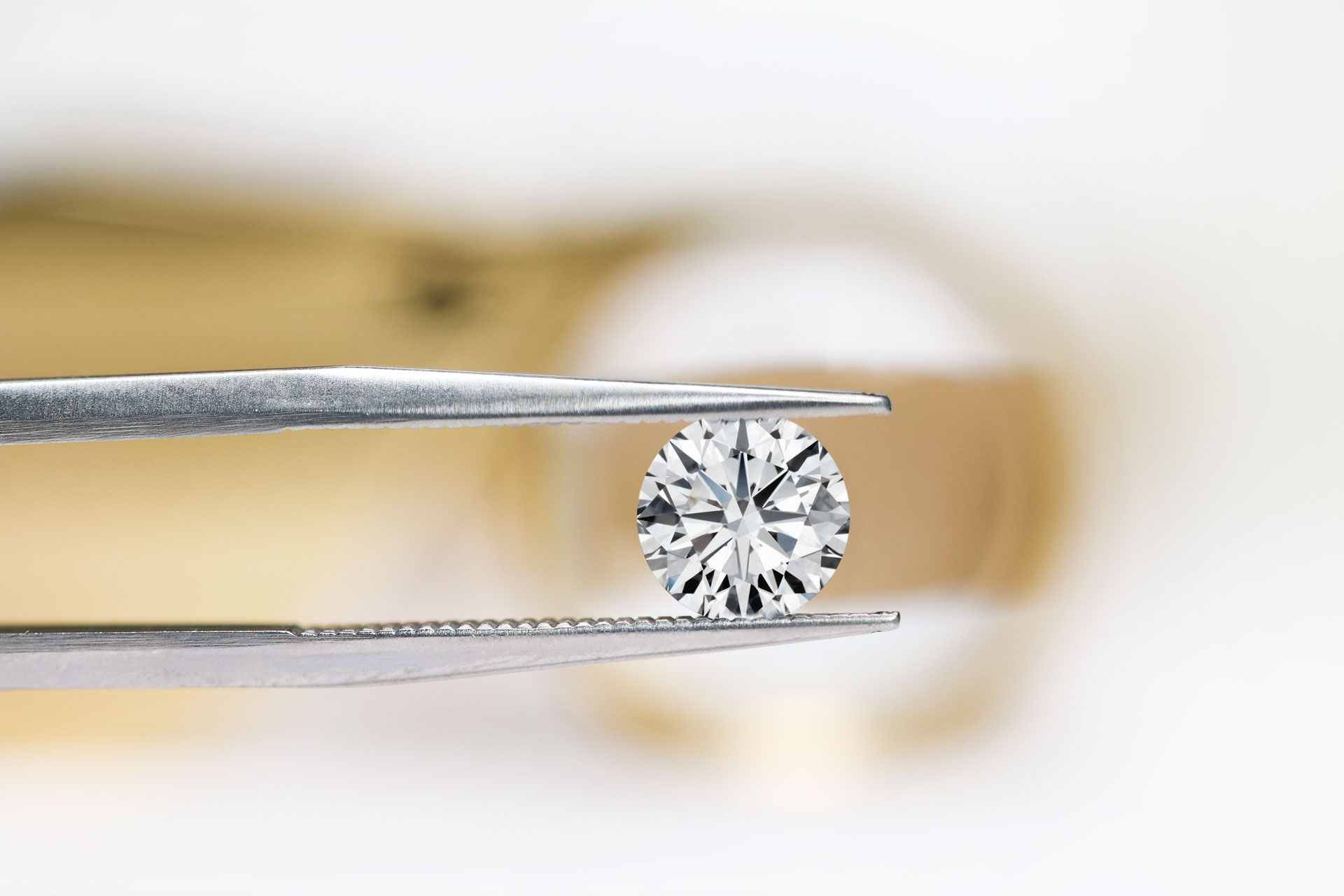Diamond Carat
Here we will talk you through what diamond carat weight is, how different carat weights will affect the price of a diamond engagement ring and does bigger always mean better.
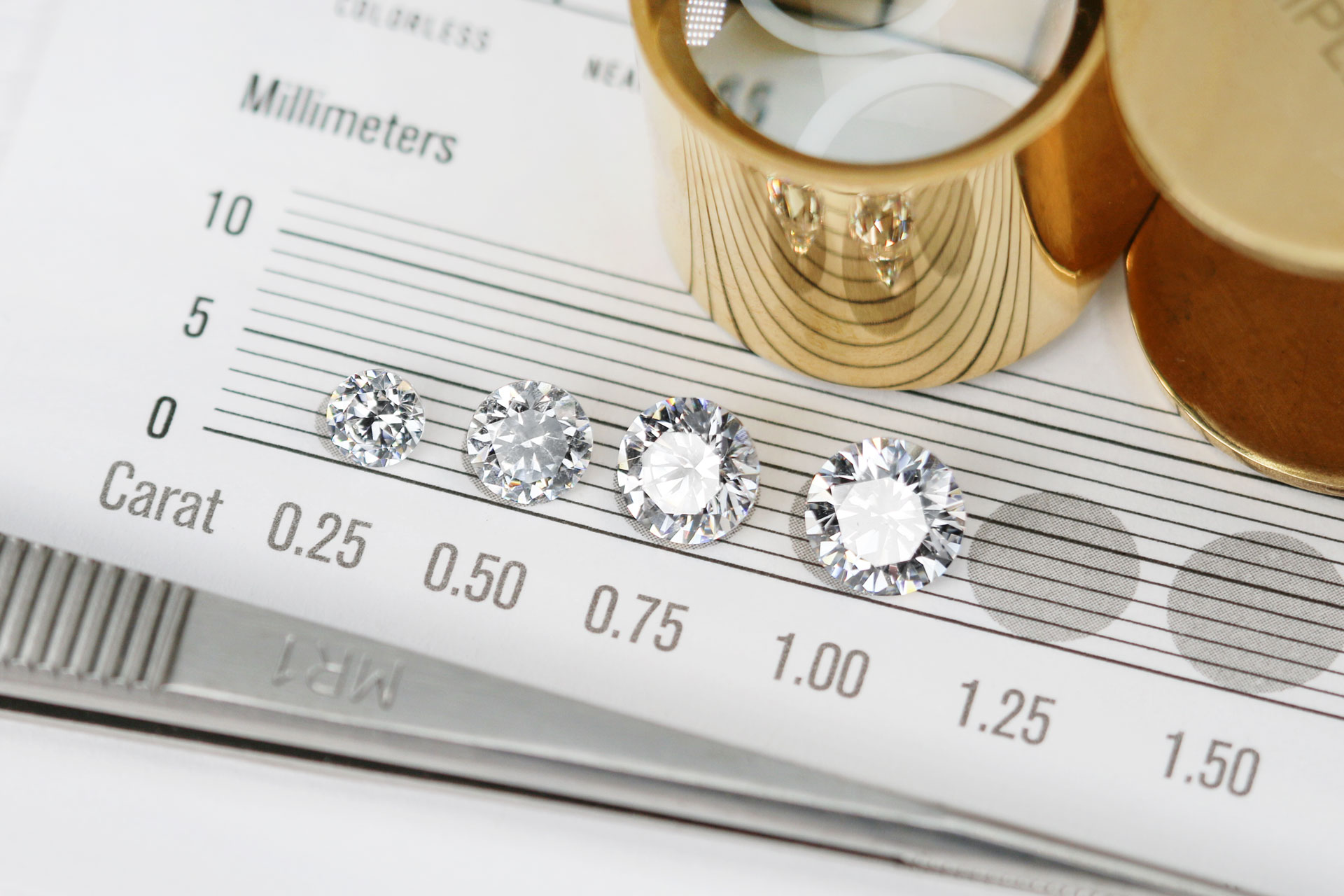
What is diamond carat weight?
The word “carat” comes from the Greek word “keration”, which means carob seed. In ancient times, carob seeds were used as a standard of measurement for precious stones and metals because they were believed to be fairly uniform in weight. It was thought that a carob seed weighed about the same as a small unit of gold or other precious metal, and so they were used as a reference point for measuring the weight of gemstones.Over time, the weight of a carob seed became standardised to 0.2 grams or 200 milligrams, and this measurement was adopted as the standard for measuring the weight of precious stones and metals. In the late 16th century, the term “carat” was first used in English to refer to the unit of measurement for precious stones, and it has been in use ever since.
Today, the carat is used as a standard of measurement for diamonds, as well as other precious and semi-precious gemstones. One carat is equal to 0.2 grams, or 200 milligrams, and is divided into 100 points. So, for example, a diamond that weighs 0.75 carats is the same as a diamond that weighs 75 points or 150 milligrams.
Do all diamonds with the same carat weight look the same size?
Depending on the diamond shape a diamond of the same carat weight can often look very different. Fancy shapes such as oval, cushion and marquise look larger from the top as they have a shallower cut giving you a much bigger table spread.Diamonds of the same shape can often appear to be different sizes also. Diamonds are three-dimensional objects, and their size is determined by a combination of factors, including carat weight, as well as the diamond’s cut, shape, and proportions. The way a diamond is cut affects how light interacts with the stone, which can make it appear larger or smaller.
It’s important to note that carat weight alone does not determine a diamond’s visual size or its overall appearance. A well-cut diamond can appear larger than a poorly cut diamond of the same carat weight because the well-cut diamond reflects light more effectively, creating greater brilliance and sparkle.

How does size effect diamond pricing?
A diamond’s carat weight has a significant impact on its price. Generally, as the carat weight of a diamond increases, so does its price. This is primarily due to the fact that larger diamonds are rarer and more desirable.The pricing of diamonds is often not linear but rather follows a curve. As carat weight increases, the price per carat tends to increase as well, but not necessarily at the same rate. This is because larger diamonds are less common, and the increase in price reflects their rarity. As larger diamonds are much rarer than smaller diamonds; two or more smaller diamonds would not equal the one larger diamond even though they have the same combines weight.
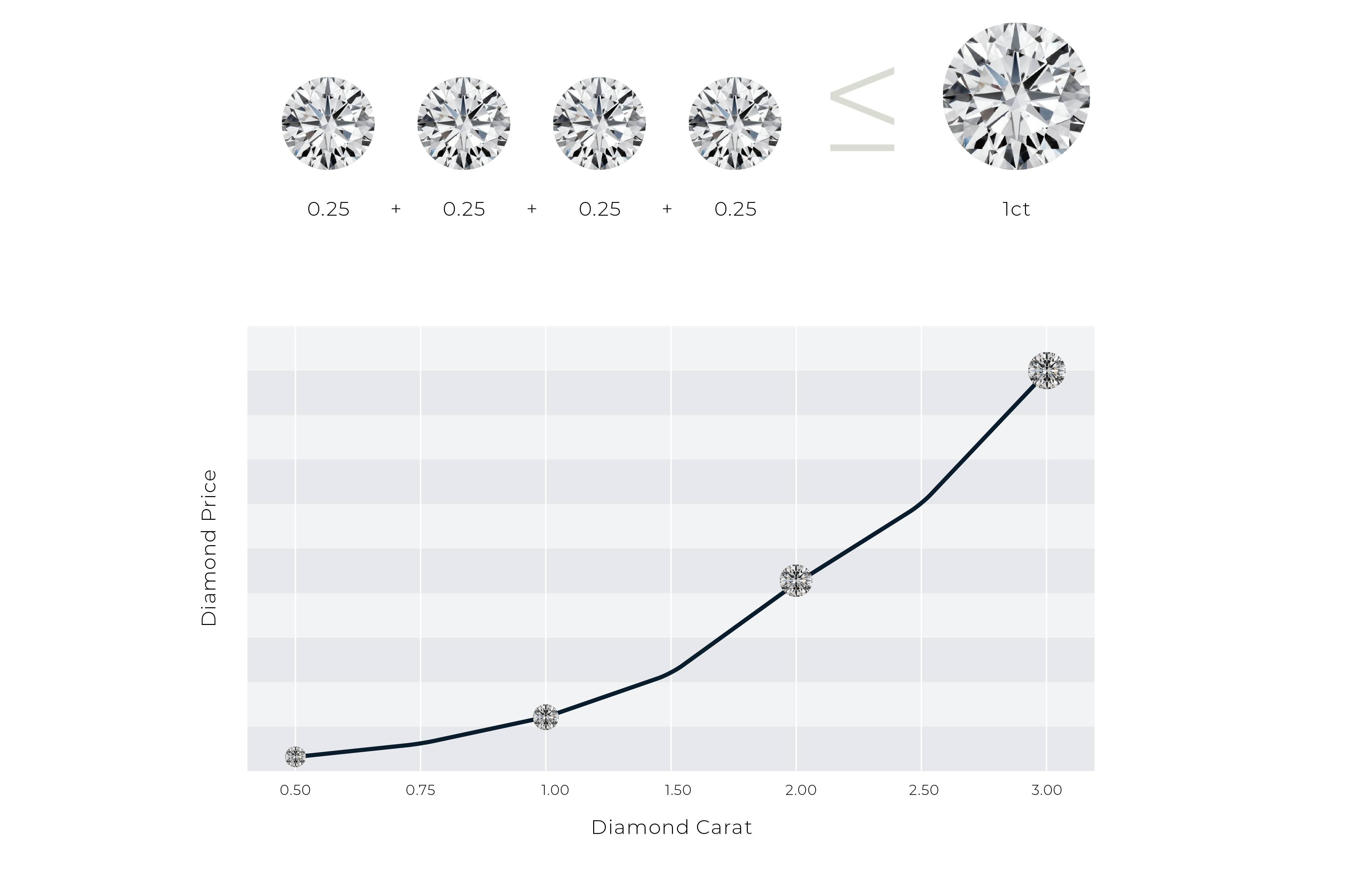
What does Total Carat Weight (TCW) mean?
TCW is a term that is often used to refer to the combined carat weight of multiple diamonds in a piece of jewellery.For example, if a diamond halo engagement ring has a centre diamond weighing 1ct and additional smaller diamonds (melee) on the band totalling 0.25ct, the total carat weight of the ring would be 1.25ct.
How big will a diamond look on my finger?
